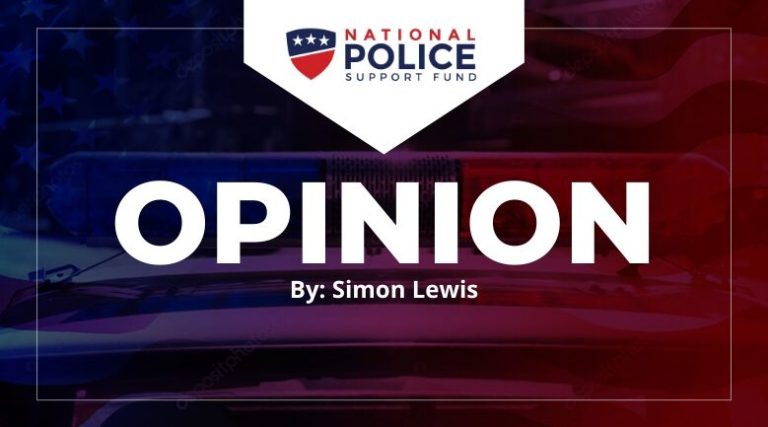What is qualified immunity and why is it so controversial? Qualified immunity is a legal doctrine that keeps police officers safe from civil lawsuits. The controversial aspect of qualified immunity is if it is reasonable to ask police to enforce the law without protection from pointless lawsuits. Many democrats believe that protection from lawsuits will enable police to overreact in certain situations and abuse their power without fear of being sued. Furthermore, in the 2009 case, Pearson Vs. Callahan, the Supreme Court determined that qualified immunity “balances two important interests—the need to hold public officials accountable when they exercise power irresponsibly and the need to shield officials from harassment, distraction, and liability when they perform their duties reasonably.” Police officers need protection from the public in order to fully carry out their jobs and states should require qualified immunity for all officers.
The Benefits of Qualified Immunity
Public officials, especially police officers, require qualified immunity in order to carry out their jobs. “Public officials, and particularly police officers, perform vital tasks that may require split-second decisions in stressful circumstances. Taking away qualified immunity could lead to officers being hesitant to act when it is most needed.” If we have officers second-guessing their decisions, we will have a much bigger issue on our hands. We need officers to make those split-second decisions in order to keep our communities safer.
“Removing qualified immunity could open up public officials and police to unwarranted lawsuits, in which judges and juries could second-guess split-second decisions and lead to significant costs for cities, police officers, and other public officials.” Police are trained for the job ahead of them. They go through intense training and practice situations to help guide them to make split-second decisions that will have a positive impact on our community. We need to trust their judgment instead of leaving those situations up to judges and juries.
Officers do not have absolute immunity and need qualified immunity to protect themselves. They can be held accountable when they violate a clearly established constitutional right. However, officials who are trying to get rid of qualified immunity act like officers are never reprimanded for their actions when they are and are rarely applauded for the good they do for our communities.
“Qualified immunity also benefits the public because they can trust that police will take the best actions needed to maintain law and order and keep communities safe. It helps build trust in police, despite efforts from anti-police advocates to erode that trust.”
Finally, like all other professions, police officers are people too and make errors at work. “Officers must have room to make mistakes or have moments of bad judgment without worrying about being sued.” Everyone makes mistakes in life, in their relationships and at their jobs. We need to remember that police officers are doing the best they can to enforce the law and keep our communities safe instead of criticizing their every move and deterring future generations from becoming police officers.
The Future of Qualified Immunity
For now, the doctrine remains in place to help our brothers in blue. However, there has been a lot of discussion to end or amend qualified immunity. Make sure you stay up-to-date on qualified immunity in your state/county so you can vote to keep qualified immunity for our police force. Please keep in mind the sacrifice police officers make to serve their communities and how eliminating qualified immunity would make their daily jobs more difficult and divide our country more than it already has been. Voting in favor of qualified immunity will allow for a safer community and protection for our officers.









